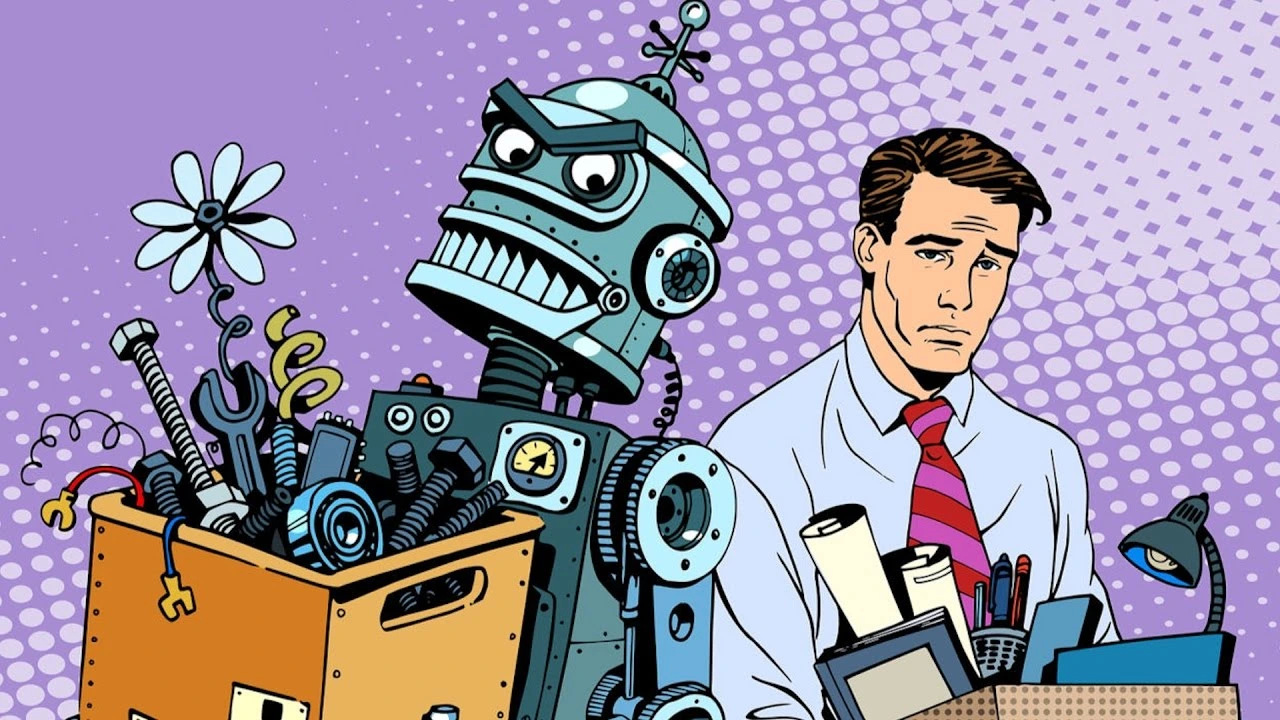Physical Address
304 North Cardinal St.
Dorchester Center, MA 02124

The rapid development of robotics and artificial intelligence (AI) is transforming industries worldwide. Automation and advanced robotics are increasingly taking over tasks once performed exclusively by humans. While this shift is creating more efficiency and productivity, it raises a critical question: how will humans make money when robots take over?
This blog explores potential avenues for human earning in an automated future. We’ll consider shifts in job roles, opportunities in technology, and the potential redefinition of economies.
Robots and AI systems are already deeply integrated into many sectors. From manufacturing to logistics, customer service, and healthcare, automation has enhanced operations. Machines are replacing repetitive tasks, such as assembly line work and data processing, with unparalleled speed and accuracy.
This trend, however, is not without its challenges. Reports suggest that millions of jobs could be displaced by automation in the coming decades. For example:
But history shows us that while technology displaces some jobs, it also creates new ones. The real challenge lies in adapting to these changes.
One of the most viable solutions for staying relevant in an automated world is to acquire new skills. As robots handle repetitive and technical tasks, humans will need to focus on jobs requiring creativity, emotional intelligence, and complex problem-solving.
Automation opens doors to new industries and markets. Entrepreneurs who can identify gaps created by automation can build businesses to fill those niches. For example:
One widely discussed solution is Universal Basic Income (UBI), where governments provide citizens with a fixed monthly income. This model assumes that automation will generate enough wealth through increased productivity to sustain such a system.
Automation will likely drive the sharing economy further. Humans can monetize their existing resources instead of relying solely on jobs. For example:
Automation may lead to a surge in the creation of digital content, designs, and intellectual property. Humans can generate revenue through royalties on:
While some sectors will face disruption, others will prosper. Humans can focus on industries that robots cannot entirely dominate, such as:
Although robots and AI play an increasing role in diagnostics and surgeries, the healthcare industry relies heavily on human compassion and decision-making. Nurses, therapists, and medical researchers will remain in high demand.
Automation will change the way we learn, but educators and trainers will still be needed to teach critical thinking and creativity. Custom learning experiences and mentorship are areas where humans excel.
Art, music, and storytelling remain inherently human. While AI-generated art exists, audiences value the human experience behind creative work.
As automation becomes widespread, there will be a growing focus on reducing its environmental footprint. Humans can innovate in areas like renewable energy, sustainable design, and eco-friendly production methods.
While robots can assist in hotels and travel planning, genuine hospitality and cultural experiences will always require a human touch.
Rather than fearing job loss, humans should view robots as collaborators. Machines can handle mundane tasks, allowing humans to focus on more meaningful work. This partnership could enhance productivity and job satisfaction.
Automation will likely fuel the gig economy, where individuals work on short-term projects or freelance assignments. Platforms connecting skilled workers to employers will grow, emphasizing flexibility and autonomy.
The automated future may shift societal focus from individual productivity to collective well-being. Humans could be rewarded for contributing to their communities through:
With robots handling routine tasks, humans may have more time to explore hobbies, research, and art. Societies could place greater value on intellectual and cultural contributions.
Governments, businesses, and individuals must collaborate to ensure a smooth transition to an automated economy. Key steps include:
Education systems must adapt to prepare future generations for a robot-driven world. Emphasis should be placed on:
Governments need to create policies that balance automation’s benefits with its social impact. This includes:
Businesses profiting from automation should invest in their workforce’s well-being. Initiatives might include:
While automation poses significant challenges, it also offers opportunities for humans to redefine their roles in society. The automated world will require a shift in how we perceive work, value, and success.
Humans must embrace adaptability, creativity, and lifelong learning to thrive in this new era. Collaboration between policymakers, corporations, and individuals will be essential to creating an equitable and prosperous future.
The rise of robotics and AI is inevitable, but humans are uniquely equipped to navigate these changes. By focusing on creativity, emotional intelligence, and innovation, we can carve out meaningful roles in an automated economy. Whether through upskilling, entrepreneurship, or new financial models like UBI, humans will continue to find ways to make money and thrive.
While robots may transform industries, the human spirit of adaptability and resilience ensures that we will remain relevant. The key lies in embracing change and working together to build a future where technology complements human potential rather than replacing it.